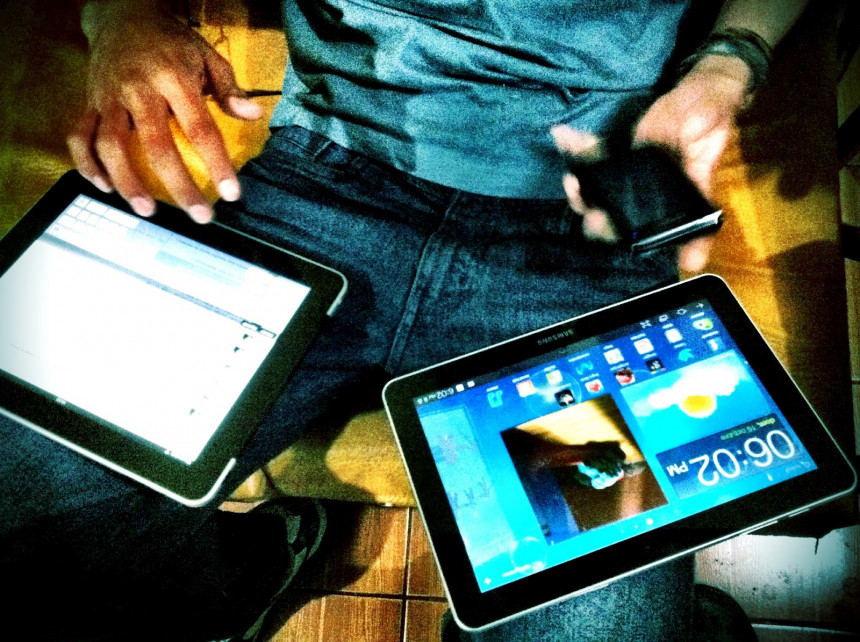
One of sector most great affected by the digital revolution is that of the press. The traditional business model newspaper paper based on advertising and payment for content does not work in the new century, and the voices of the prophets who predicted the complete disappearance of this branch of journalism are becoming more strident. Digital newspapers were conceived with the advent of the Internet in the last five years of the twentieth century. Publishers moved the paper versions onto the network trying to take advantage of multimedia formats to enrich the content and expand, through the globality of the digital world, their range of influence. But from the beginning they detected that something was not working as it should.
The drop in sales of printed editions was accentuated while no-one in the area seemed to know how to monetize the digital presence. The solutions that were implemented in the early years of the new century set out to mix the press with content related to leisure and entertainment, according to some experts, largely demoted the journalistic role in ethical and credible terms. The crisis accentuated the impoverishment of journalistic provision, because the aforementioned hybridization added to cuts in staff that have undermined the ability of the media to exercise quality journalism.
It is still a place for quality written journalism
Is there still a role for quality written journalism in a digital world, or is it doomed to disappear? This reflection is the backbone of Bernardo Díaz Nosty's book, director of the Department of Journalism at the University of Malaga, "The press in the new information ecosystem - stop the presses!", which was recently published by the Telefónica Foundation. Looking ahead to propose future scenarios, the author establishes a series of working hypotheses that help to clarify various aspects of the written press's situation in the digital environment:
? One of the main contributions of the digital world to the press on paper is the possibility of providing continuous information, carrying out a narrative of increasingly complete and complex reality, something which the physical distribution of copies cannot match;
? Díaz Nosty distinguishes between crisis in the education model and the crisis in the journalistic function, and argues that there is no necessity for the to occurr because the demand for information has grown, rather than being reduced;
? The people's demand for information is sometimes not fulfilled by the conventional offerings, subjected to commercial and large political interest groups. This leads to parallel experiments undertaken in seudoperiodismo trying to meet that demand;
? Technology degrades the traditional model because it "cheapens and brings closer, connects and interacts, while enabling forms of journalistic communication less dependent on commercial production and distribution systems";







